Scientists Think Miniature Plants Can Save Humanity
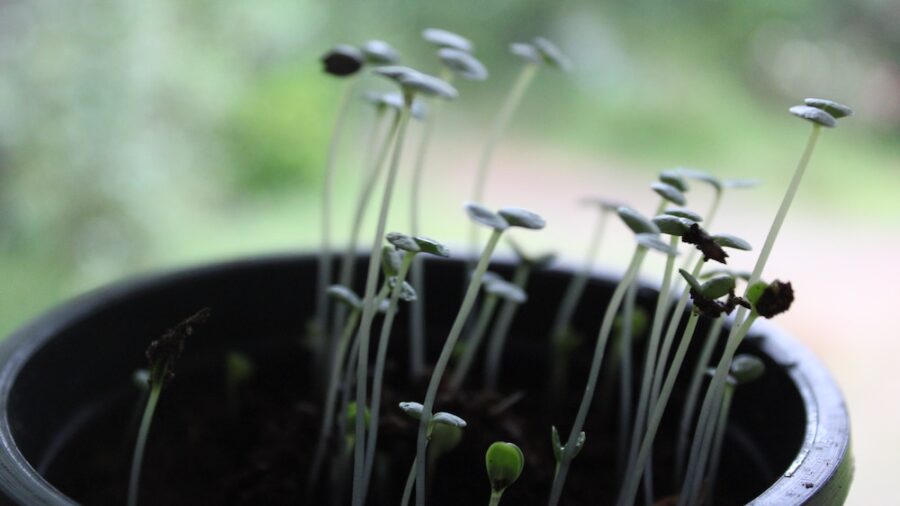
According to a new report from Science.org, researchers have been toiling with a new way to protect crops from windstorms and other hazardous natural elements. And the answer could lie in miniature corn. A tiny solution to a major problem.
Miniature Corn Sturdy Against Gusts
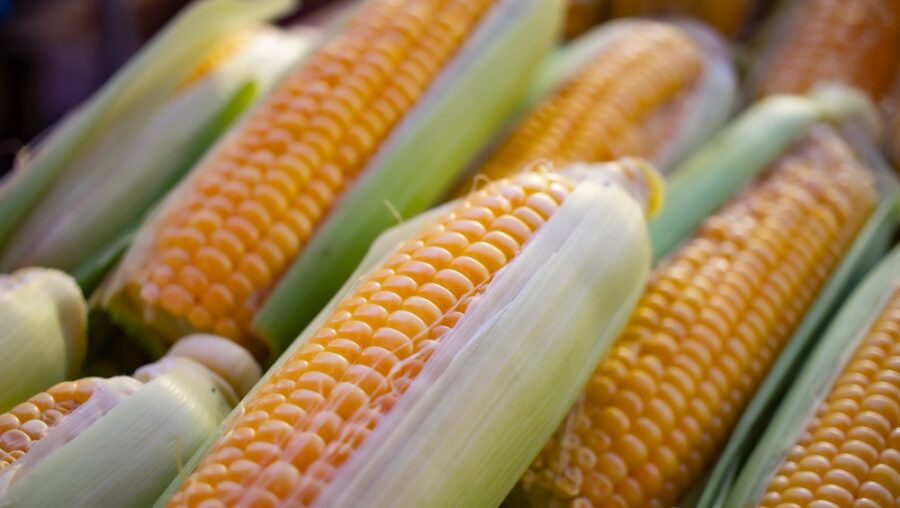
The report cites concerns raised by the record-breaking gusts of August 2022 which flattened a wide variety of corn crops across Iowa, damaging or destroying over 16 percent of all soybean and corn plants in the region.
To rectify this issue, miniature corn crops have been planted which remain sturdy in the face of high-velocity storms, in an effort that agricultural researchers have dubbed as long overdue.
Preventing Millions In Damage

This miniature corn may not make for much of a high-intensity hedge maze, but scientists seem to think the shorter, more reinforced stalks are enough to prevent millions of dollars in damage per year.
Scientists from Bayer Crop Science have engineered the technique after seeing firm results when driving through devastated fields from prior years, in which shorter crops remained where all others have fallen.
The company is currently concluding its primary testing of this theory, with more than 12,000 hectares of modified short corn being planted across the American Midwest.
Healthier And More Plentiful
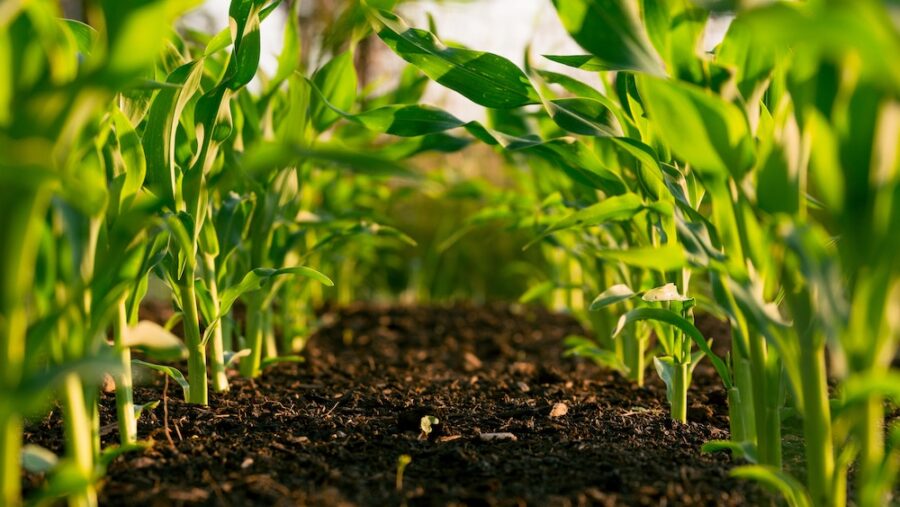
Bayer has plans to begin selling their modified miniature corn plants quite soon, with a host of other large crop developers expected to follow.
The new and improved maize model is not only good for its sturdy constitution in the face of massive wind gusts but also touts greater seasonal length. Its short stature allows farmers to utilize their tractors in their fields deeper into the Summer harvest.
Furthermore, this ability grants farmers greater access to adding fertilizer and fungicide in the late season, making the final product healthier and more plentiful.
USDA Approval
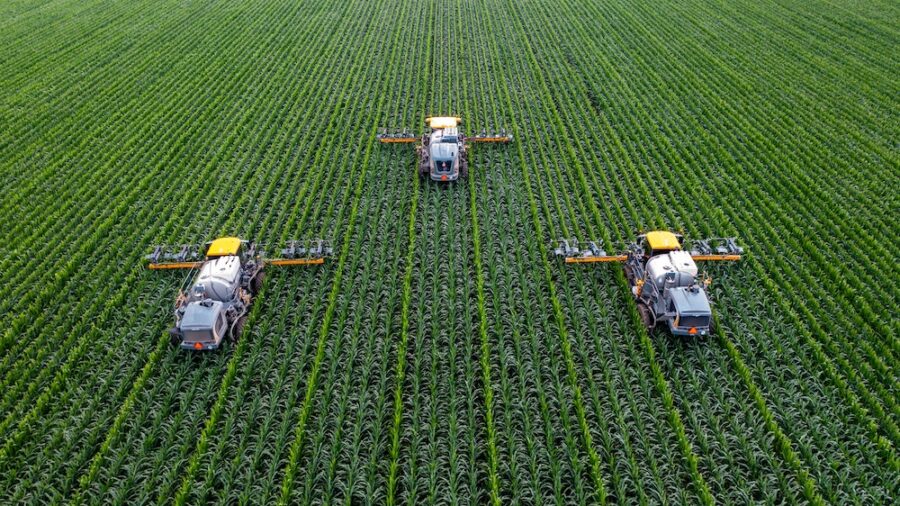
The USDA has already approved Bayer’s model for miniature corn crops, meaning consumers may see these plants roll out in droves as early as late Spring or early Summer 2024.
Of course, the average supermarket customer shouldn’t be able to tell any difference, as the size decrease is only meant to impact the plant’s stalk and growth process.
In fact, if Bayer’s plans work out the way they’re currently projected, the only impact this modified plant will have on the average consumer is an overflowing surplus of corn plants in the future.
Selective Breeding
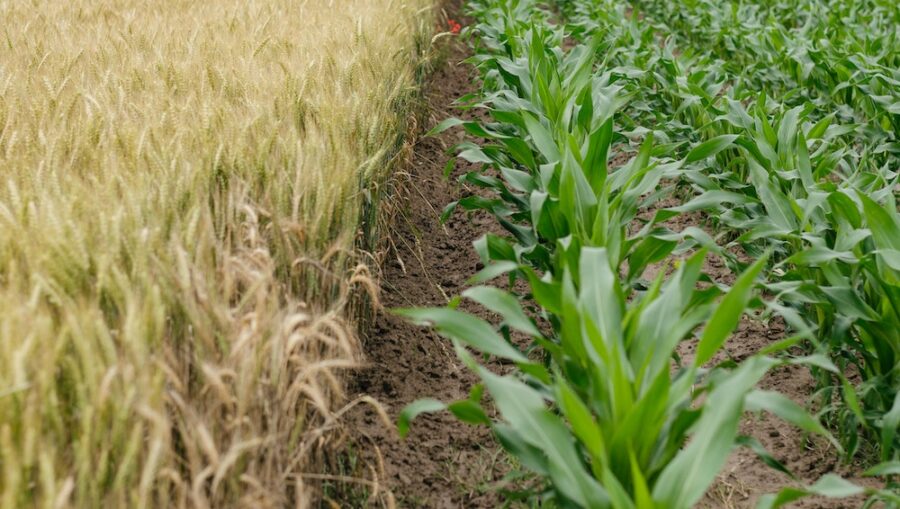
In fact, the corn we all know and love is already the result of generations of selective breeding, as scientists have noted prehistoric corn crops once contained seeds that fell out of the plant, rather than our current on-the-cob style crop.
Long before Bayer genetically modified a miniature corn variety, geneticists had been hard at work perfecting the growth and change of a number of common household foods, in an effort to create a lower level of operational complexity for both farmers and consumers.
Best-Selling Crops
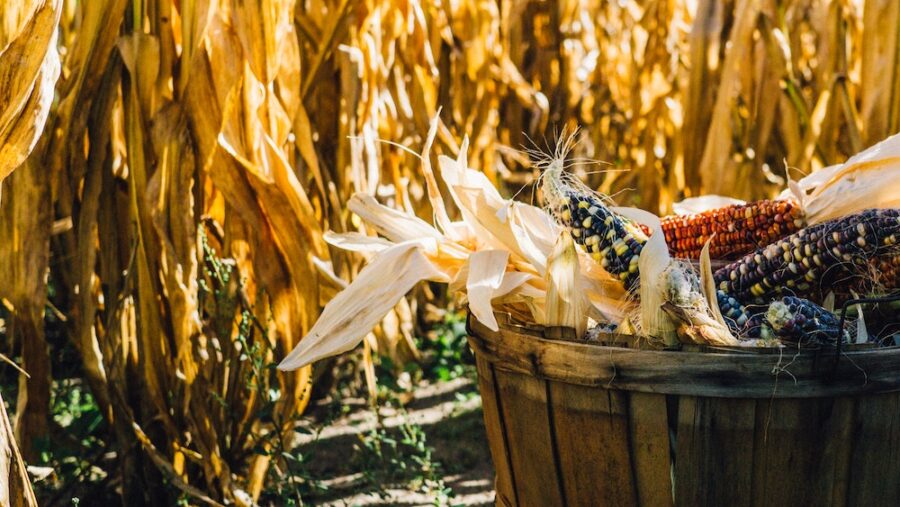
In recent years, corn has become one of the best-selling crops in the United States, raking in over $89 billion in revenue last year alone, even with the high-velocity winds causing millions in damage.
As scientists perfect the miniature corn variety, the crop promises to be even more profitable and reliable.
With any luck, Bayer and its competitors will be finished with their test trials in the coming months, with plans to sell their seeds to farmers across America this coming Spring.












